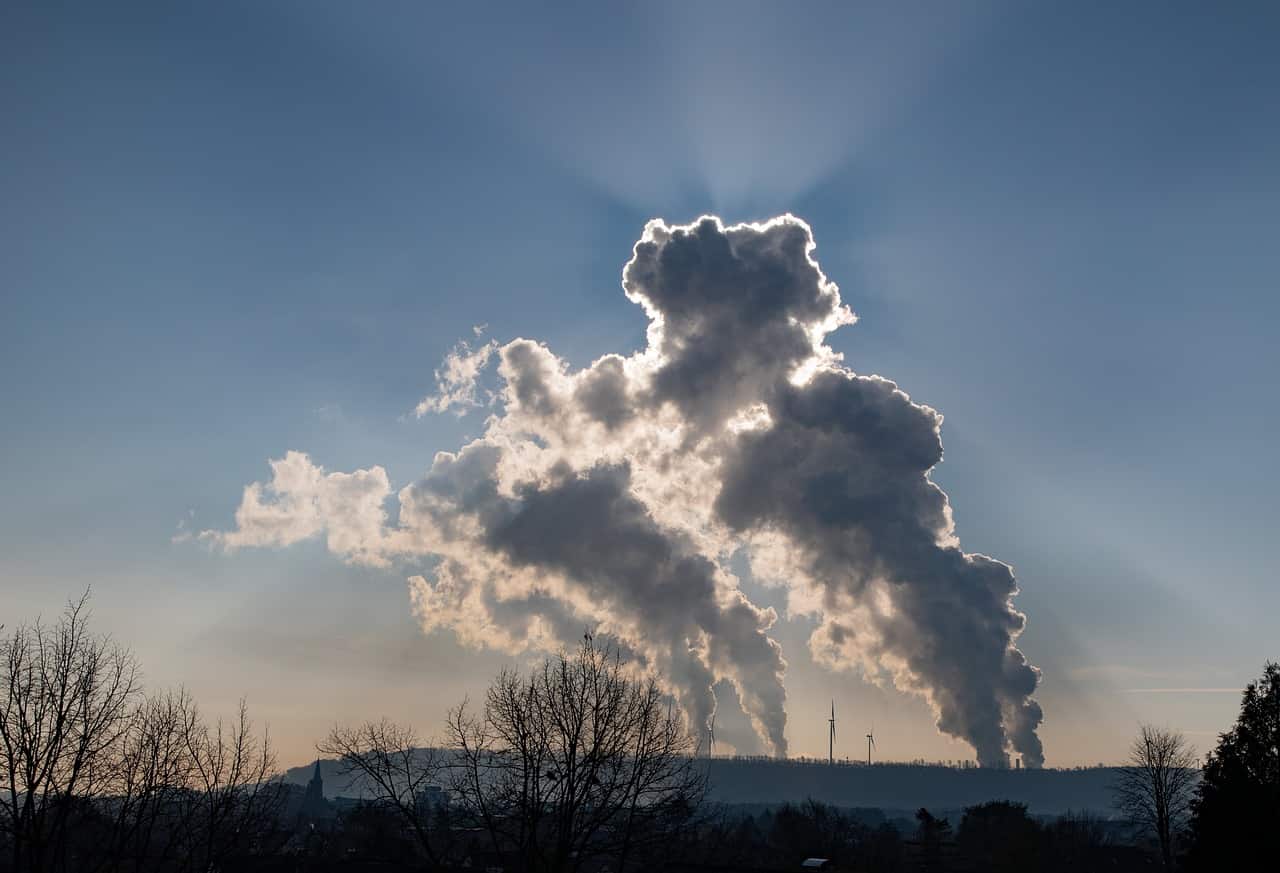The United Nations announced Monday that it had taken a significant step towards trying to fill a key gap in the fight against climate change: standardised, real-time tracking of greenhouse gases.
The UN’s World Meteorological Organization has come up with a new Global Greenhouse Gas Monitoring Infrastructure that aims to provide better ways of measuring planet-warming pollution and help inform policy choices.
The WMO’s new platform will integrate space-based and surface-based observing systems, and seek to clarify uncertainties about where greenhouse gas emissions end up.
It should result in much faster and sharper data on how the planet’s atmosphere is changing. “We know from our measurements that greenhouse gas concentrations in the atmosphere are at record high,” WMO chief Petteri Taalas said.
The three major greenhouses gases are carbon dioxide, methane and nitrous oxide. Of those, CO2 accounts for around 66 percent of the warming effect on the climate.
“The increase in CO2 levels from 2020 to 2021 was higher than the average growth rate over the past decade, and methane saw the biggest year-on-year jump since measurements started,” Taalas said.
The 2015 Paris Agreement on climate change saw countries agree to cap global warming at “well below” two degrees Celsius (3.6 degrees Fahrenheit) above levels measured between 1850 and 1900 — and 1.5C if possible.
The WMO said there needed to be stronger scientific underpinnings of climate change mitigation actions taken under the agreement.
“There are still uncertainties, especially regarding the role in the carbon cycle of the ocean, the land biosphere and the permafrost areas,” Taalas said.
“We therefore need to undertake greenhouse gas monitoring within an integrated… framework in order to be able to account for natural sources and sinks.
“This will provide vital information and support for implementation of the Paris Agreement.” The WMO held a symposium in late January that brought together experts from a wide range of fields to start fitting the jigsaw pieces together.
During a meeting last week, the agency’s executive council endorsed the plans they came up with, it said Monday.
Further approval will be needed from the World Meteorological Congress — the WMO’s top decision-making body — in May.
The decision to tie together WMO’s expertise in weather prediction and climate analysis “will be seen as a historic step”, said Lars Peter Riishojgaard, deputy director of the organization’s infrastructure department.






